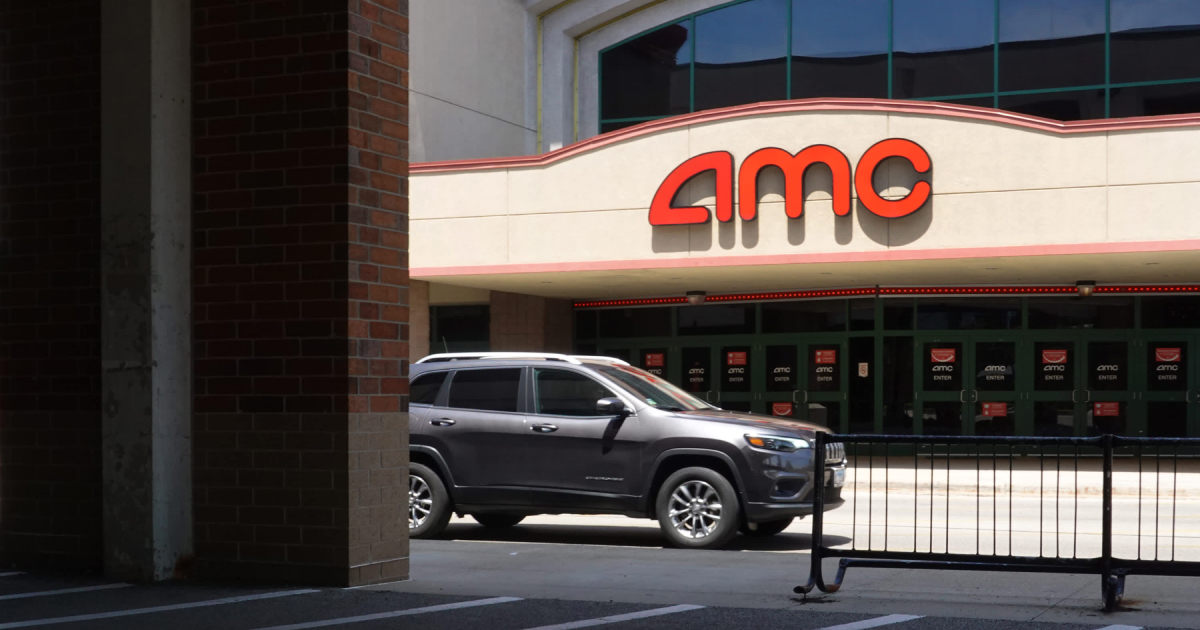Shares of Cassava Sciences (SAVA:NSD) took a devastating 38% dive in the after-hours trading session yesterday, prompted by unsettling allegations of “scientific misconduct” by a neuroscientist. The shocking revelations centered on the integrity of research behind Simufilam, Cassava’s experimental Alzheimer’s drug.
Allegations of Scientific Wrongdoing Emerge:
A recent report by the renowned publication Science disclosed a disconcerting investigation carried out by the City University of New York (CUNY). This investigation unearthed evidence of data manipulation across 20 research papers, with Professor Hoau-Yan Wang, a neuroscientist associated with Cassava, at the epicenter of the allegations. Many of these manipulated research papers provided crucial support for Simufilam’s development.
Key Revelations in Investigation:
Adding to the gravity of the situation, it was revealed that senior vice president Lindsay Burns, a co-author on some of these papers alongside Wang, was allegedly involved in the scientific misconduct. Worth noting is the fact that Burns is married to SAVA’s CEO, Remi Barbier.
The CUNY conducted a meticulous 10-month examination, which included interviews with Wang and other associates, culminating in the assertion that Wang’s studies had indeed been manipulated. However, the poor quality of the data and images complicated the committee’s task of entirely substantiating the claims. The committee ultimately attributed its conclusion to “long-standing and egregious misconduct in data management and record-keeping by Dr. Wang.”
Delays in Addressing Scientific Misconduct:
Science’s report indicates that CUNY’s committee reached a conclusion in May but faced delays in taking action against Wang. Allegations also suggest that the university hindered the investigation by postponing approval to access Wang’s computer images for six months.
Cassava’s Denial of Involvement in Data Manipulation:
In the wake of these allegations, Cassava Sciences vehemently denied any involvement in CUNY’s investigation. The biotechnology company underlined that its research does not rely “exclusively” on data from CUNY. Furthermore, Cassava is now investigating whether short-selling activities in SAVA stock increased by 40% between June 30, 2023, and September 29, 2023, might have played a role in these reports with the intent to profit.
CEO Barbier stated, “We remain confident in the underlying science for Simufilam, our lead drug candidate… We intend to continue to translate our passion for science into a novel drug for people living with Alzheimer’s disease. Our Phase 3 clinical program continues.
Investor Sentiment:
Analysts Vernon Bernardino of H.C. Wainwright and Soumit Roy of JonesTrading express optimism about Cassava’s progress in the two Phase 3 trials of Simufilam in treating Alzheimer’s disease, as well as the speed of patient enrollment.
SAVA Stock Forecast:
As for the SAVA stock forecast by analysts, the average analyst rating is “Strong Buy.” Stock Target Advisor’s analysts are”Bearish,” based on one positive and four negative signals.
At the last closing, the stock price stood at USD 17.54. This price has changed by -6.50% over the past week, -9.40% over the past month, and -51.09% over the last year.
Conclusion:
Cassava Sciences finds itself mired in a troubling controversy following allegations of scientific misconduct and data manipulation. While the company vehemently denies involvement in these activities, investors face a precarious situation. The future of Cassava and its experimental Alzheimer’s drug, Simufilam, remains uncertain, with the stock’s performance shrouded in doubt as it teeters on the precipice of the market.





































